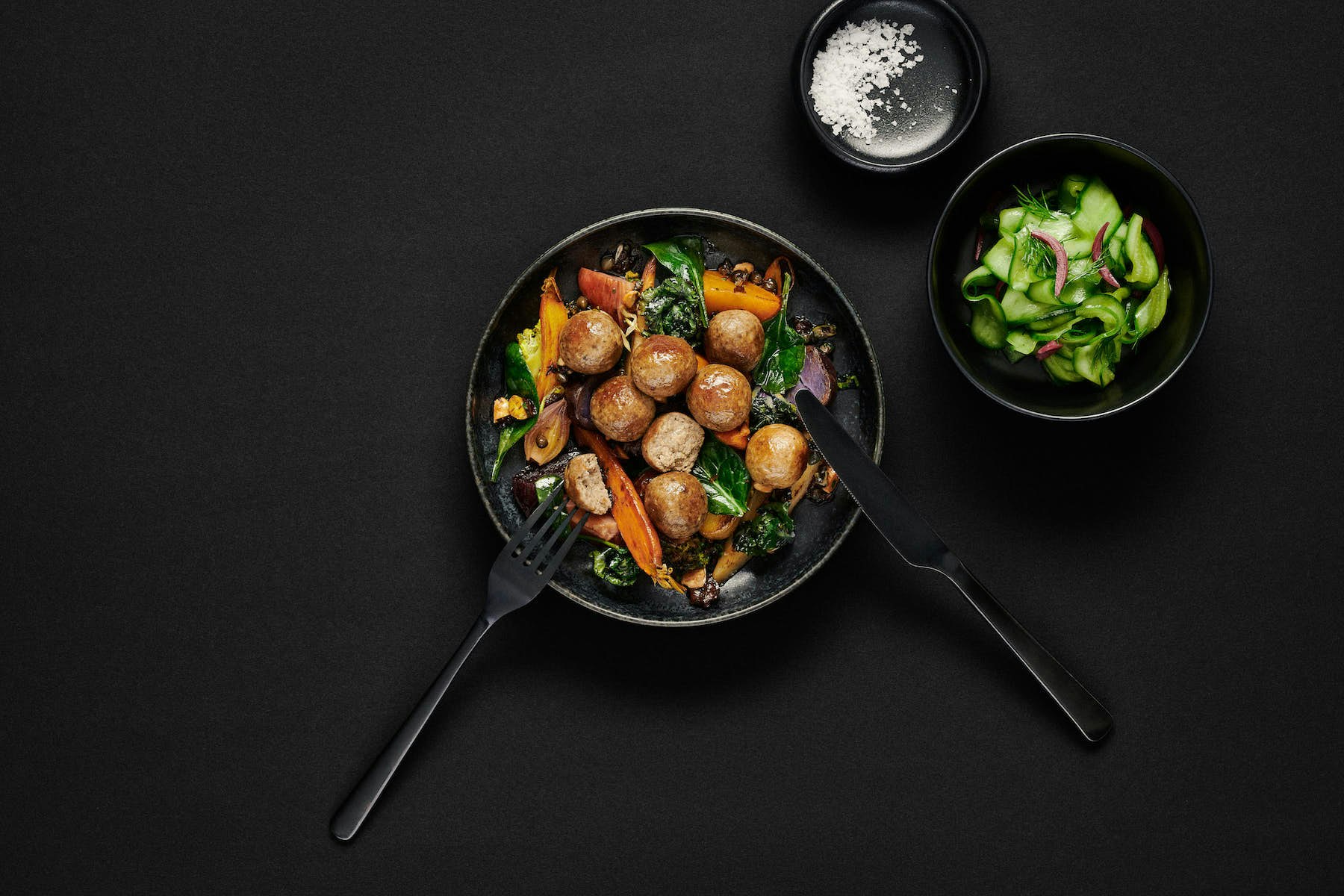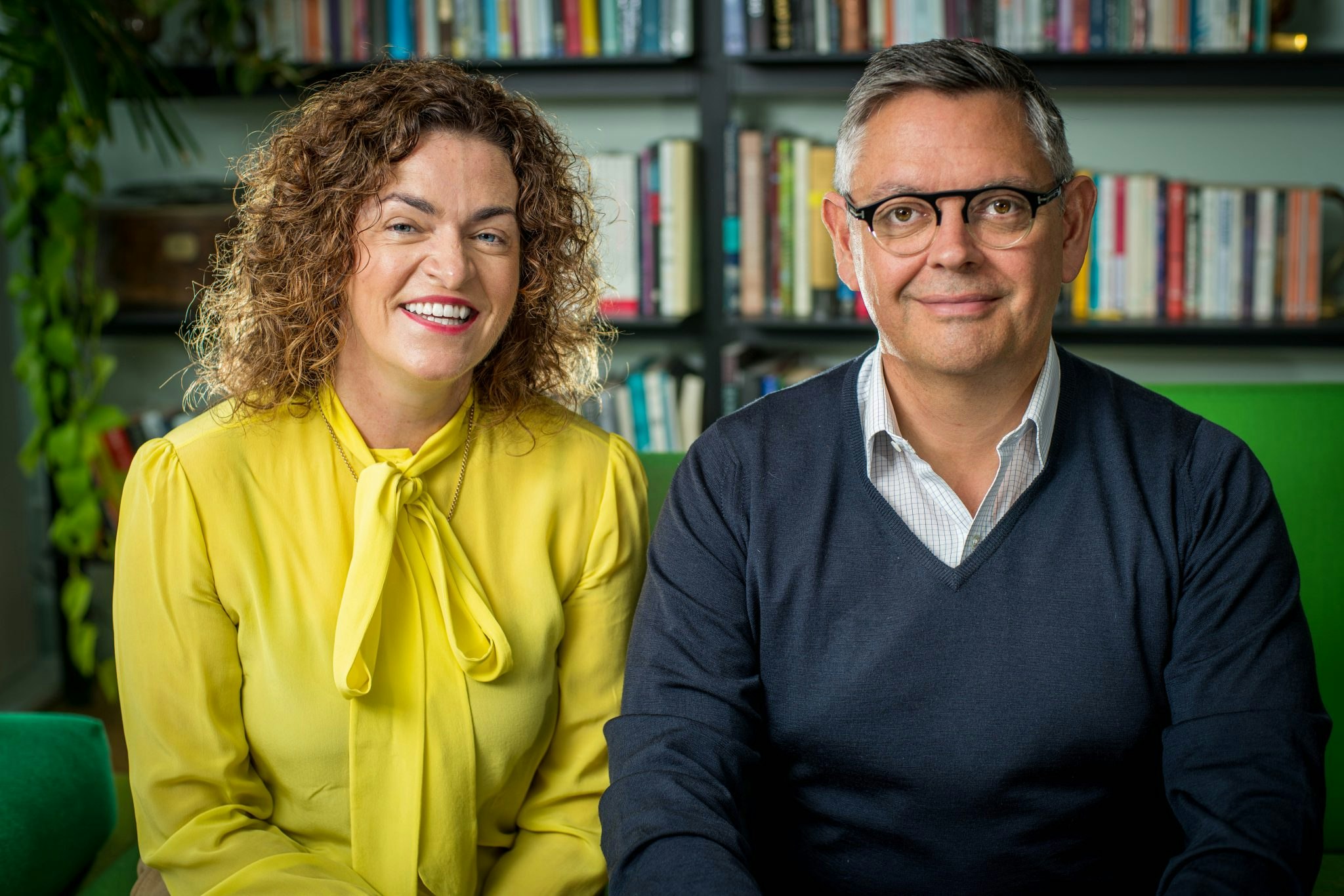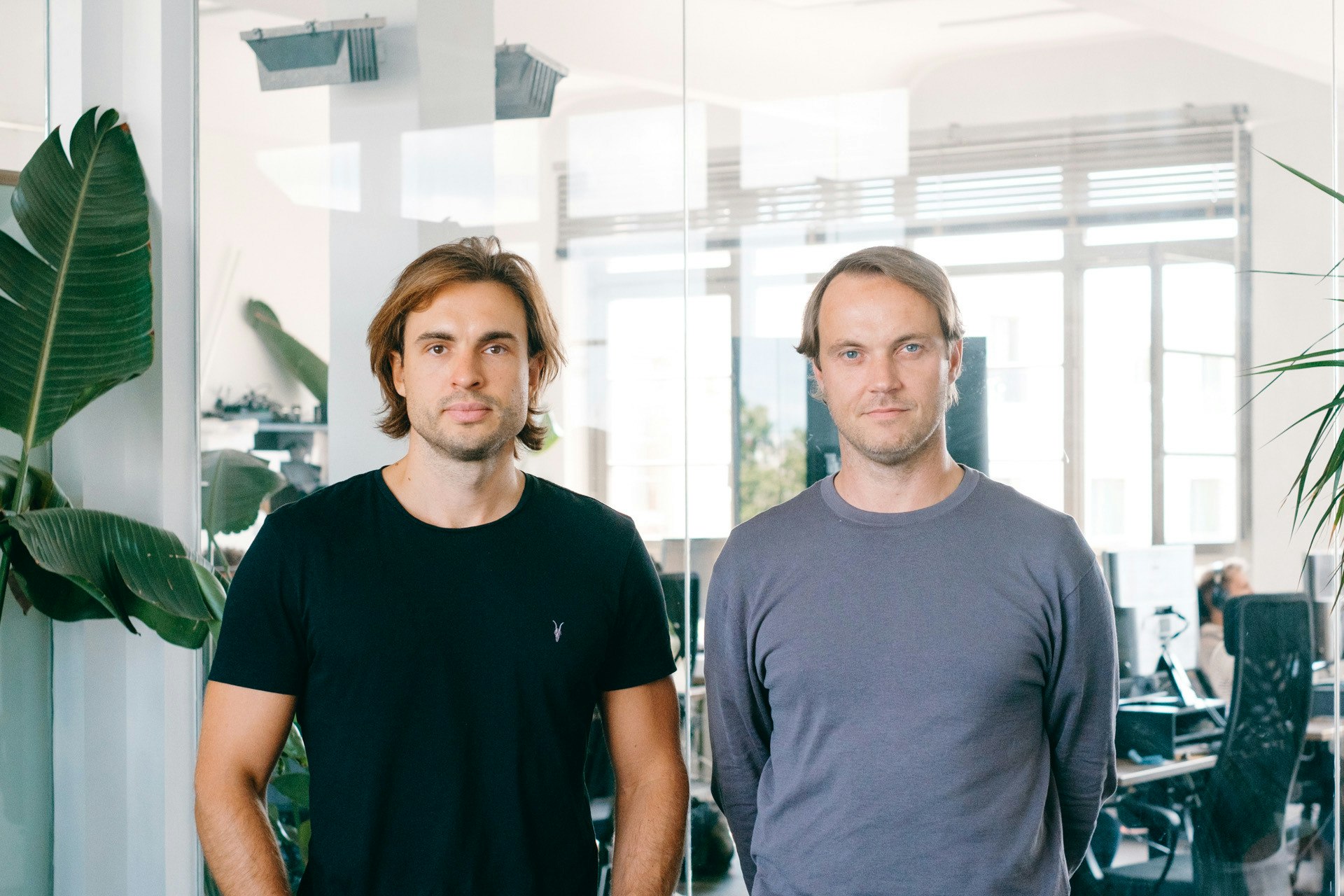Hamburg-based Infinite Roots has raised Europe’s biggest funding round for a mycelium company so far, with a $58m Series B. The round was led by the European Innovation Council (EIC) and Dr Hans Riegel Holding (HRH), a holding company of confectionery giant Haribo.
The startup — previously known as MushLabs — grows mycelium cells. These are what mushrooms grow from, and Infinite Roots then turns the cells into products that offer an alternative to animal-based and plant-based food options, creating a third category of nutrition.
Some its products include mycelium meatballs, sausages and steaks.
Mushrooms for breakfast, lunch and dinner
The company’s focus is to keep the product as clean as possible without extra additives to synthesise a meaty taste, instead relying on the taste of the mushroom with simple seasonings.
“With mycelium, it's not about trying to mimic meat 100% by adding 25 ingredients anymore — it's about creating completely new products that are fundamentally healthy and tasty,” says founder and CEO of Infinite Roots, Mazen Rizk.
The cells are grown in tanks through liquid fermentation then, before the cells grow into the fruiting body of a mushroom, the environment is controlled to encourage the tissues to grow into the alternative food products instead.

Rizk says that the company can go from cell culturing to a final product in less than a week, and that the tech is ready to debut on dining tables right now. By contrast, cultivated meat can take between two and eight weeks to create, depending on the complexity of the product, according to the Good Food Institute
But as a novel food, mycelium is still subject to regulations, which Infinite Roots is currently in the process of navigating. Cultivated meat has been notoriously difficult to gain regulatory approval for.
The trouble with food tech
Rizk says that, despite initially garnering promising investor interest, the impact of the recent economic downturn has created tough decisions for Infinite Roots.
VC funding in food tech dropped by 29% between 2022 and 2023, and the lack of availability of cheap capital that startups got used to in 2021 has called Rizk to rethink its manufacturing strategy.
Rather than hosting its mycelium culture tanks and development process in its own factory, Infinite Roots has struck partnerships with other companies who allow it to produce on their premises.
“With the hit that food tech has taken, building your own facility was not really feasible anymore,” says Rizk.
Alongside the EIC and HRH, investors include:
- German trade and tourism cooperative REWE Group
- Thailand-based VC Betagro Ventures
- Existing investors Clay Capital, FoodLabs, Redalpine, Simon Capital and Happiness Capital
What’s next?
Infinite Roots plans to use its cash to operationally ramp up volumes of production and increase supply. The company also has its sights set internationally — it declined to detail which locations were on the list, but shared that it’s working with several partners to bring the product together in markets outside of Europe.
Currently, the only countries that have approved cultivated meat alternatives for sale to consumers are Singapore, the US and Israel.


